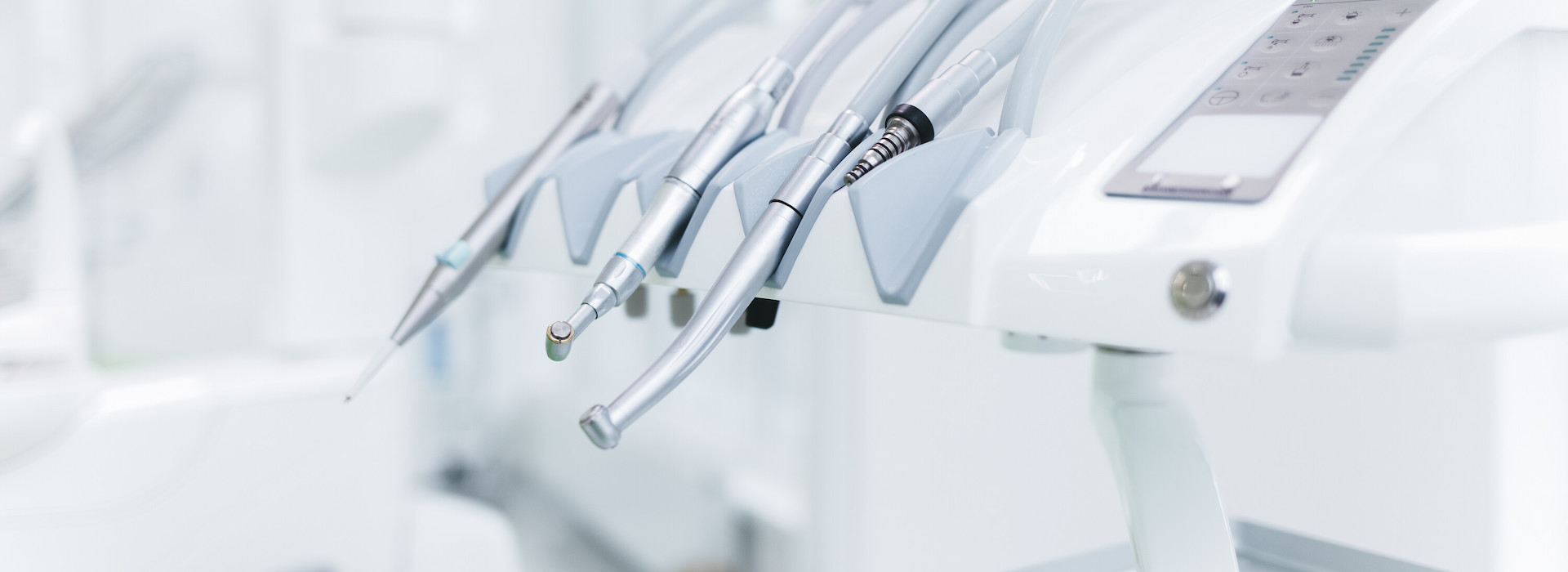
Did you know that when you lose a tooth, you also lose the bone that supported the tooth? A dental implant stabilizes the bone and helps maintain your jawbone shape.
A dental implant is designed to replace the root of your missing tooth. Once a dental implant has been embedded in your jawbone, the implant will provide the structure you will need for a replacement tooth.
Dental implants can:
Preserve natural teeth
Provide a superior appearance
Promote better hygiene
Protect long-term health

Your natural teeth attach to your jawbone by a periodontal ligament that joins into one side of the tooth and the other side of the bone. Dental implants are simply fused into the bone.
The gum surrounding your natural tooth attaches to the root of the tooth with collagen fibers. However, gum cannot attach to the dental implant; rather, it simply sticks to the implant.
Your natural teeth are susceptible to periodontal (gum) disease, decay and root canals. On the other hand, dental implants are only susceptible to a certain type of inflammation that can occur in the tissues surrounding the implant.
You are a candidate for a dental implant if you have lost a tooth. However, you do need to be in relatively good health. There are some diseases that can affect your ability to get a dental implant.
For example, cancer, uncontrolled periodontal disease, uncontrolled diabetes, and previous radiation to the jaws are just some of the diseases that may interfere with the dental implant’s ability to fuse to your bone.
To make sure you are a good candidate, I will take your full medical history and obtain a list of all of the medications you are taking, whether they are over-the-counter, prescribed or herbal.
If you would like to get additional information on dental implants, please call (301) 530-2212 and schedule an appointment with me.
